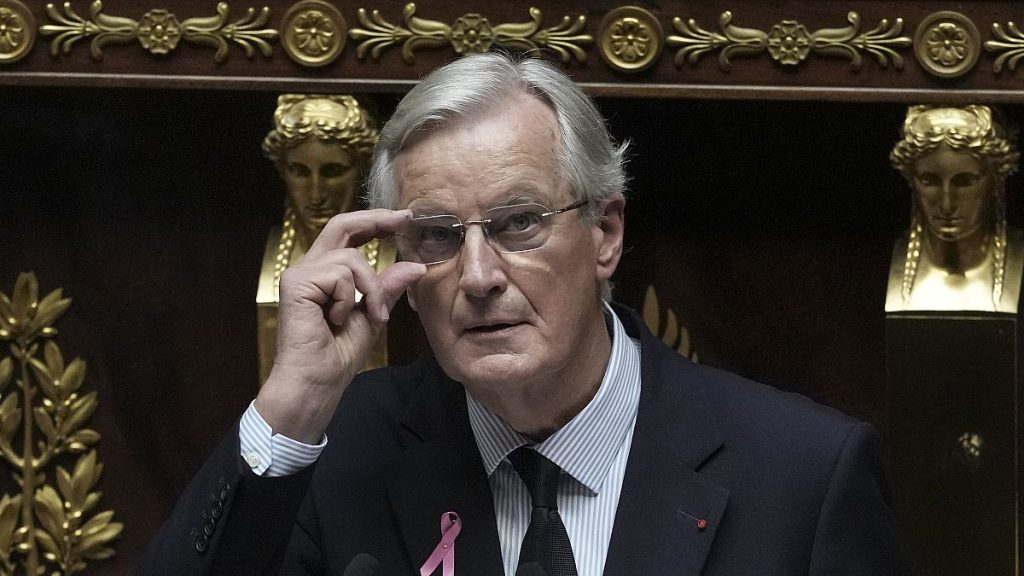Italy has opened two return hub centers in Albania to process asylum-seekers outside its borders, a move that has sparked controversy. These centers are under Rome’s jurisdiction, with only adult men being housed there while vulnerable individuals are accommodated in Italy. The deal to house asylum seekers in Albania was signed last November as a five-year agreement between Italian Prime Minister Giorgia Meloni and Albanian Prime Minister Edi Rama. However, the plan has faced backlash from human rights groups, with a court in Rome ruling that 16 migrants sent to Albania had the right to be brought back to Italy.
French Prime Minister Michel Barnier expressed doubt that Italy’s deal with Albania would work in France due to legal reasons. He met with Italy’s Foreign Minister Antonio Tajani to discuss border control and illegal immigration, where they agreed to set up a special “brigade” to clamp down on migrant trafficking over the Franco-Italian border. The meeting between Barnier and Tajani highlighted the efforts of both countries to control the flow of illegal immigration and work together effectively for themselves and the European Union. With the recent political turmoil in French politics, efforts to pass new legislation regarding immigration are expected to face opposition in the divided National Assembly.
Irregular migration has become a hot topic in the European Union, with recent discussions focusing on ways to stop irregular border crossings and curb asylum claims. After completing a comprehensive overhaul of its asylum rulebook in May, the EU is facing growing demands from member states for more action to address the issue. The bloc has struggled to deport asylum seekers whose applications for international protection have been denied, with a low rate of successful deportations. As a result, the concept of establishing “return hubs” outside EU territory has gained traction as a potential solution to expedite the deportation process.
The debate surrounding irregular migration and asylum-seekers has intensified in the EU, with a focus on innovative solutions to address the challenges faced by member states. The bloc has been grappling with the issue for years, leading to a sluggish rate of successful deportations and a high number of asylum claims. However, the recent push for more action and innovative solutions has gained momentum, with the establishment of return hubs outside EU territory being considered as a potential way to streamline the deportation process. Despite the historic overhaul of the EU’s asylum rulebook, member states continue to seek new strategies to address irregular migration more effectively.
The controversial agreement between Italy and Albania to house asylum seekers in return hubs has drawn criticism from human rights groups and faced legal challenges in Italy. Prime Minister Giorgia Meloni defended the decision to outsource the housing of asylum seekers to Albania, stating that no one can ever be repatriated again if the ruling stands. The government in Italy is facing political challenges in passing new legislation related to immigration, as the country navigates the aftermath of snap legislative elections and a divided National Assembly. The issue of irregular migration remains a key topic for the EU, with member states seeking innovative solutions to curb the flow of asylum seekers and expedite deportations.


